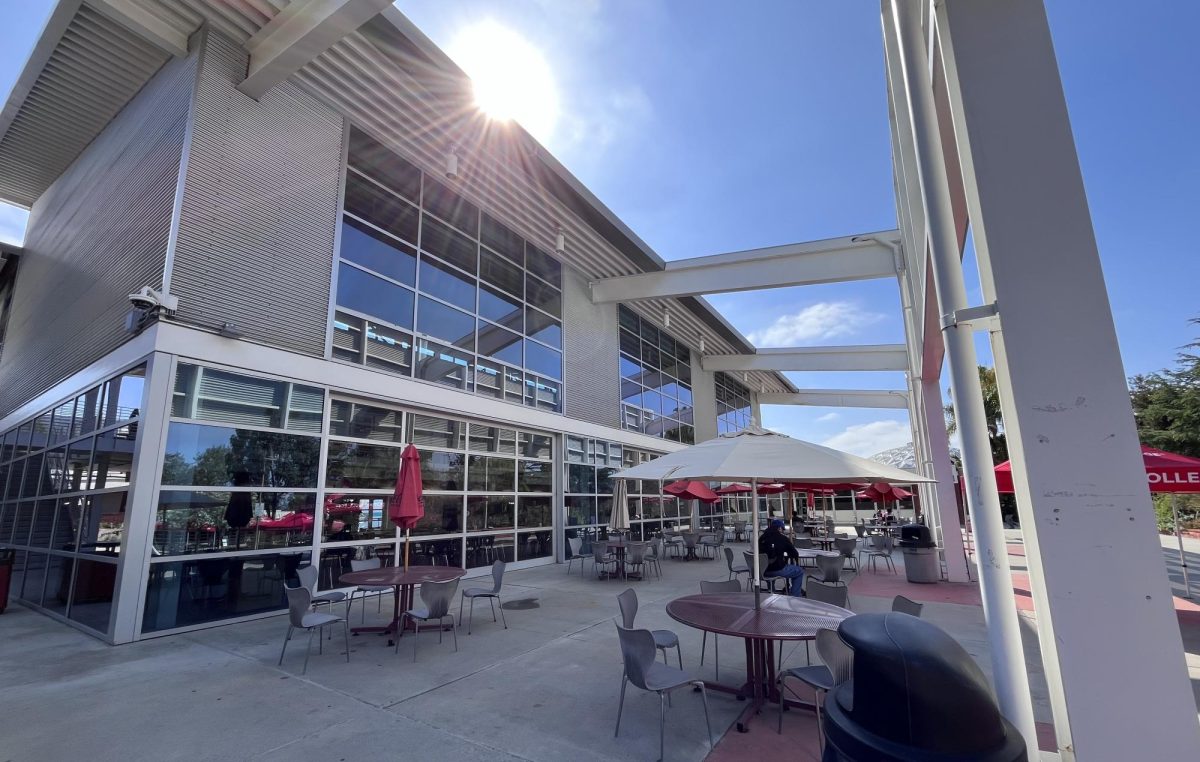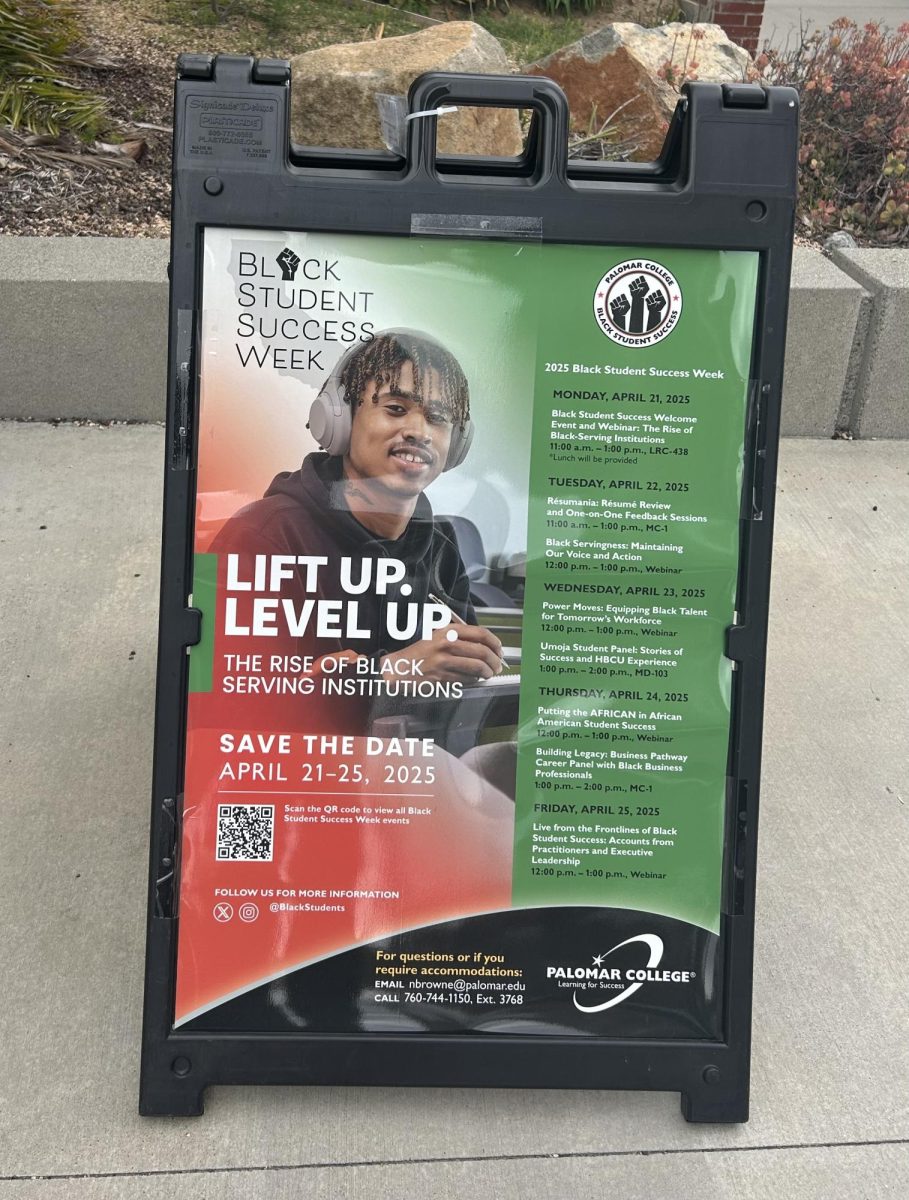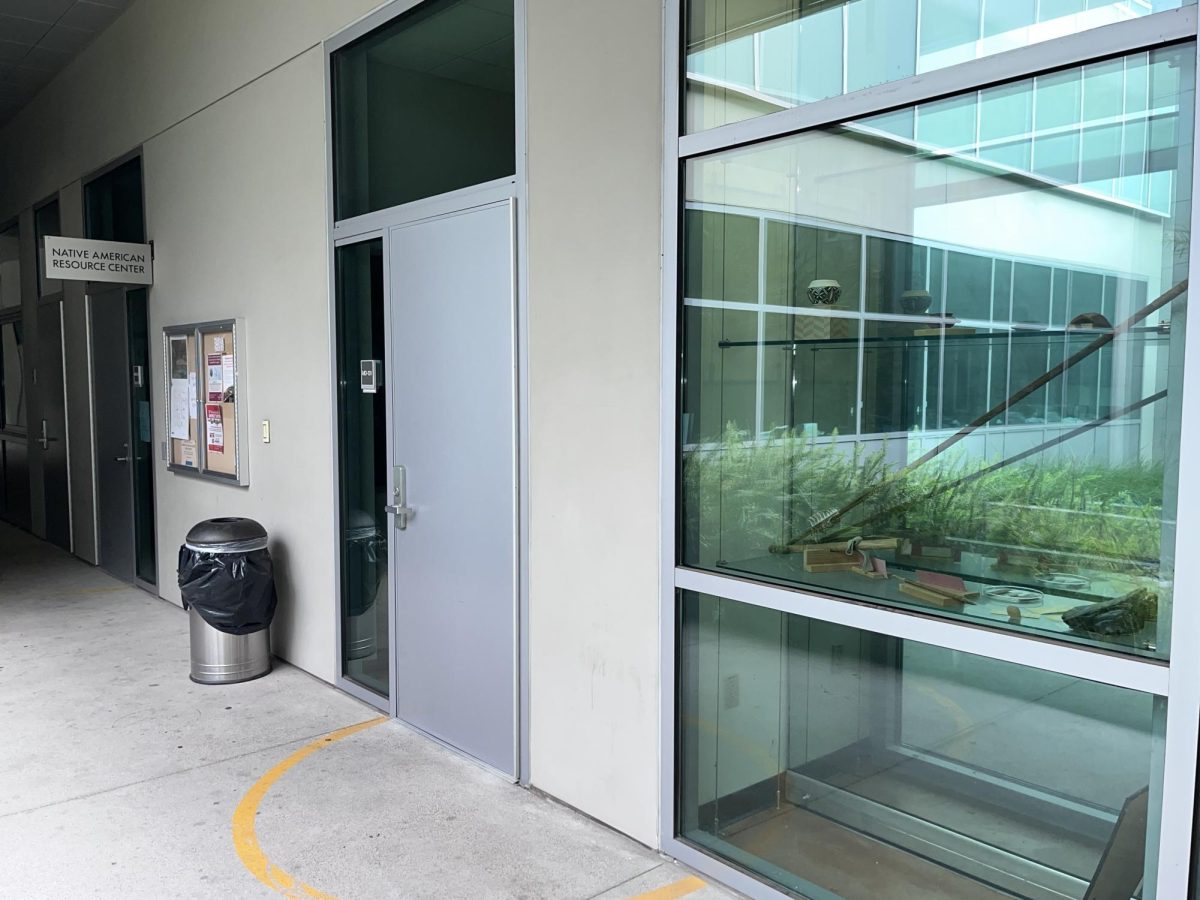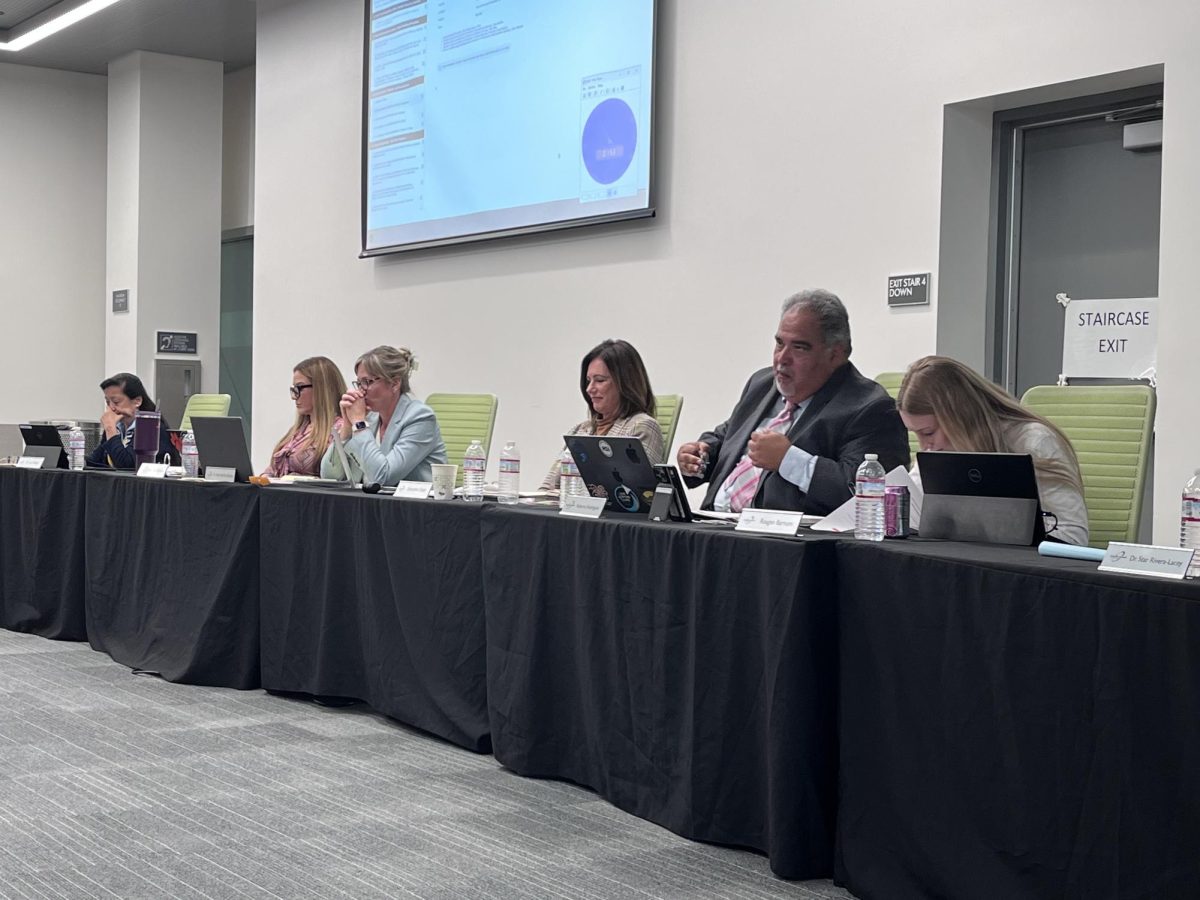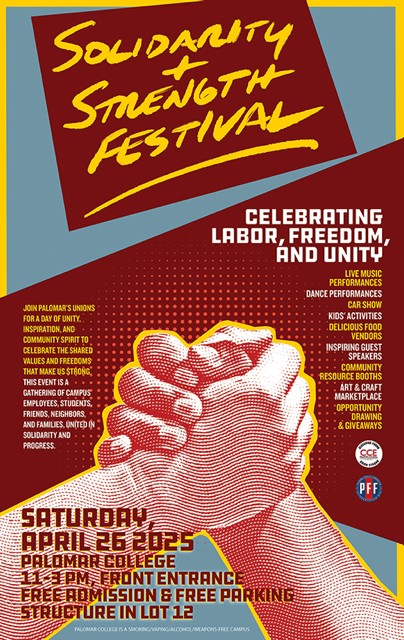In celebration of Women’s History Month, Palomar officials discussed creative ways to heal from traumatic events that have occurred.
One panelist, Juanita Ayson, a licensed acupuncturist and certified expressive arts therapist shares her perspective with the audience, “Trauma steals our sense of control over our own world,” she said.
Ayson inspired the audience by saying that “women in their natural state create miracles constantly.” She emphasized on how we should dare to go within ourselves and be brave.
The event was hosted by Sociology and Women’s Studies Professor Devon Smith and approximately 70 students showed up to the event.
Sitting up front in the crowd was Niami Wiggins, who came to the event to support Ayson, which is also her acupuncturist.
Wiggins shared that she has suffered with kidney cancer and stage 3 breast cancer. As a way to cope with her experience, she has used painting as an outlet to bring her peace.
“It helps me with pain. When I paint, I’m not aware of the pain at all,” Wiggins said. “[Painting] helps me deal with stress, even the fatigue goes away.”
Kathleen Grove, a sociology professor on campus discussed the Adverse Childhood Experiences (ACE) Study. Adverse experiences such as abuse, being neglected, and witnessing violence in early childhood influences people’s health in adult life.
Grove stated how even if an individual doesn’t engage in high risk behavior, they are more likely to develop cancer and heart disease if they have a higher ACE score.
“These things happen to us. They’re not just a psychological problem, they really have true health consequences,” Grove said.
Nashelle Brown, a student at Palomar majoring in visual and performing arts said that she came to the event purely to receive extra credit in her behavior statistics class. She said that the topic of the panel interested her, and that she was glad that she attended. A director of music from Palomar Unitarian Universalist Fellowship in Vista, Caroline Celia, participated in the event as a speaker. She explains how listening to music and singing plays a part in the healing journey, “Just knowing that someone else feels that way verifies your own feelings,” she said.
Celia conducted a vibration exercise where she asked the audience to take a deep breath and hum as loud or as quietly as they wanted.
She also conducted a drumming exercise where she made her own drum sound patterns. The audience imitated the sounds she was making by clapping their hands or tapping their foot.
Amy Caterina, an artist from Southern California and photographic technology professor at Palomar said that she thinks it’s important to have events like this on campus because it may bring up issues that people may not be aware of or may have just heard about in passing.
Caterina shared with the audience how much her grandmother enjoyed crocheting and making crafts. She said that she wasn’t invited to her grandmother’s funeral, which didn’t give her a chance to grieve properly.
She explains how she wished she had something of her grandmother’s she could physically touch. To Caterina’s surprise, she opened her front door one day and found that someone left her her grandmother’s knitting bag filled with yarn and all of her notes.
In Caterina’s segment she shared that her husband had severe bipolar disorder, and refused to take his medication, leading to a suicide. Caterina was forced to identify her husband’s body through the phone.
She has healed from these traumatic experiences by being artistic and collaborating with other artists as a way to emotionally connect. “I knew I was going to make art, and I knew it was going to help me get through it,” Caterina said.
Caterina states how there are many subjects that go undiscussed because we don’t have personal experience or we may be embarrassed or ashamed. “These things need to be spoken about by every gender, that’s how you get a kinder community,” she said.



